
What to Know Before Closing Your Home Loan?
Taking a home loan is not easy. You are burdened with paying a significant amount of money every year to your lender, and in case of financial distress, you can get into serious trouble. The risk, anxiety, and mental stress associated with a home loan can make you hard to sleep until it is completely paid off.
Freedom isn't just a feeling; it's the moment you realise your home is truly yours—debt-free. Finally, when you pay back the last fraction of your loan, you experience an euphoric feeling. But before you throw a party for your friends, let’s make sure to finish the most important tasks.
Just paying back your money to the bank doesn't make you the sole owner of your home. It is when you collect the necessary documents and the No Objection Certificate (NOC) after that you officially become the owner. Without these, you could face legal disputes in the future. Therefore, it is important to understand all the aspects of home loan closure.
What Things You Should Check While Closing Your Home Loan?
A home loan is considered closed only when both the lender and the borrower declare it from both sides. To make it clear, you need to fulfil some legal requirements, such as obtaining:
• Title deed
• Sale deed
• Power of Attorney
• Loan agreement
• Possession letter
• Payment receipts, etc.
If the bank doesn’t provide you with these documents, inform the higher authorities and obtain them.
Important Certificates to Obtain After Home Loan Closure
As soon as your home loan is over, remember to obtain these important legal certificates that declare your property is free from all liabilities and encumbrances.
Obtain ‘No Dues Certificate’ from the Bank
A 'No Dues Certificate' (NDC) is an important document you should get after paying off your home loan. It confirms that you have cleared all your dues, and the lender no longer claims your property.
The certificate should include key details such as the property address, your name, loan account number, the loan amount, and the start and end dates of the loan. It's a good idea to make extra copies (both paper and digital) of the NDC for future use when dealing with the property.
Check for Lien Removal
Check if the lien has been removed. A bank puts a lien on your property to prevent you from selling it. If there is a lien on your property, you cannot sell it. To remove a lien, you have to visit your local registrar’s office with a bank official.
Obtain the Non-Encumbrance Certificate
It is essential to obtain a non-encumbrance certificate from your local authority. This is a detailed legal document tracing all your transactions related to the property. Once you pay off your loan completely, ensure that this is reflected in your Non-Encumbrance Certificate.
Get Your Credit Score Updated
Make sure your credit report is updated after you pay off the loan. It usually takes about 20–30 days for the payment to show up in your credit history. After that, get a copy of your credit report and verify that everything is correctly updated.
Conclusion
Closing your home loan is a big achievement, but it’s important to complete all the necessary steps to avoid future issues. Make sure to collect key documents like the No Dues Certificate, check for lien removal, and obtain a Non-Encumbrance Certificate.
Don’t forget to update your credit report as well. These actions ensure that your property is legally yours, free from any claims, and your financial records are accurate moving forward.

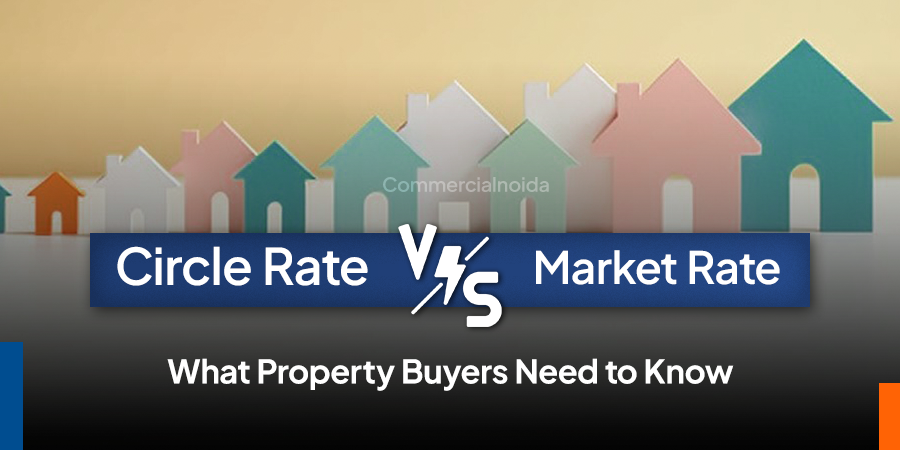
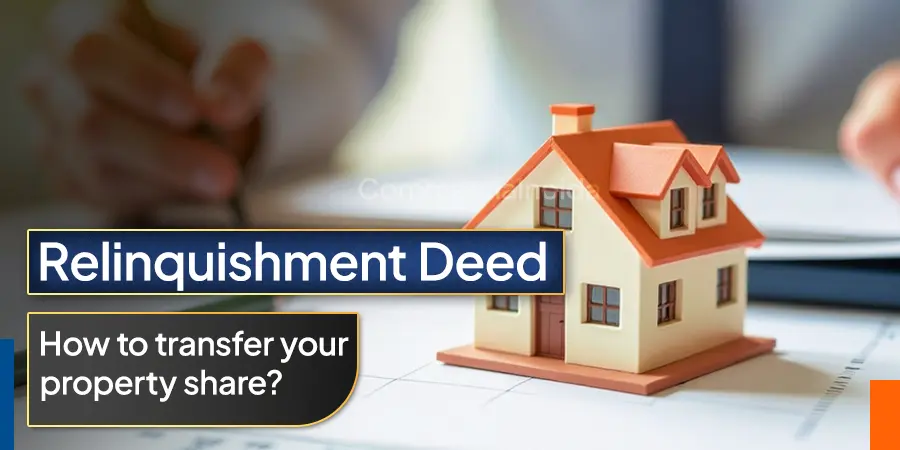

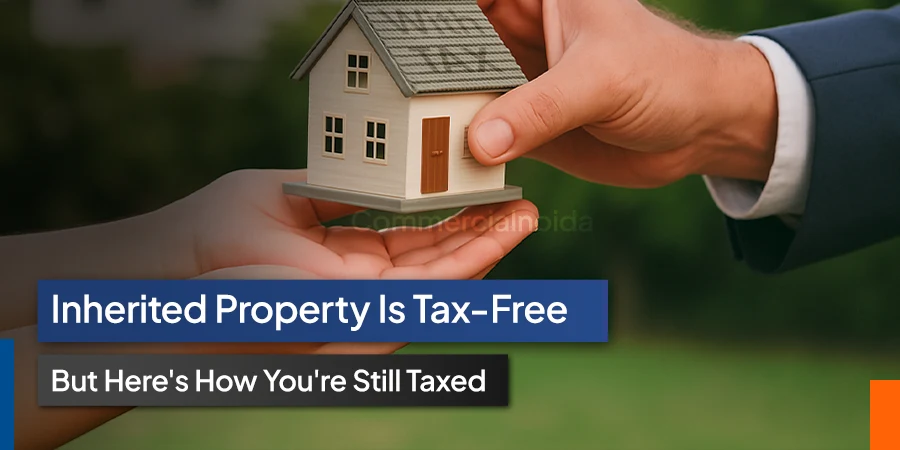

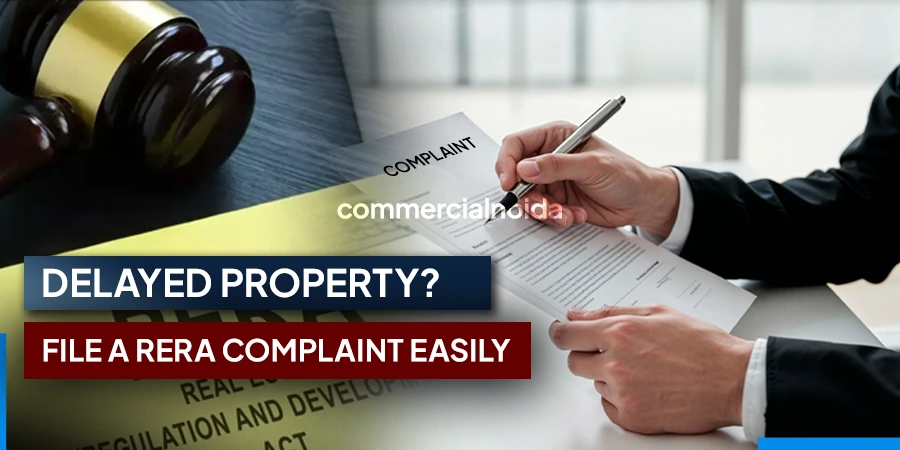
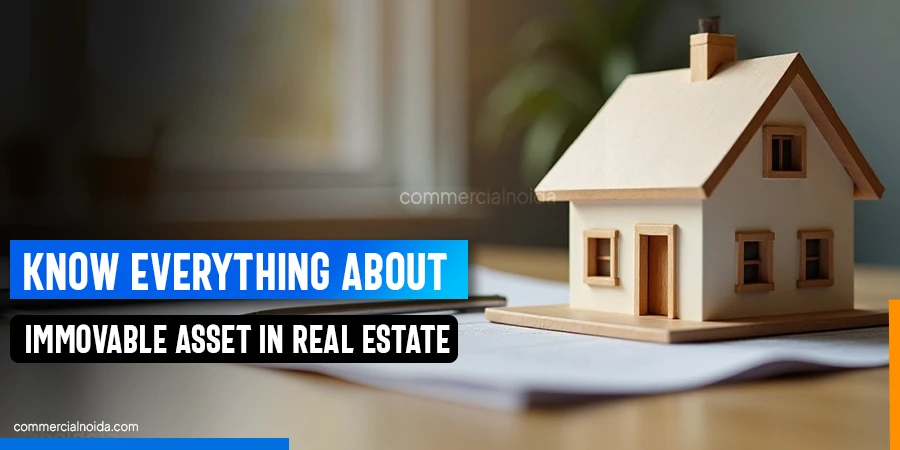





















































































































.webp)

































































































.webp)
















































































.webp)
































































































